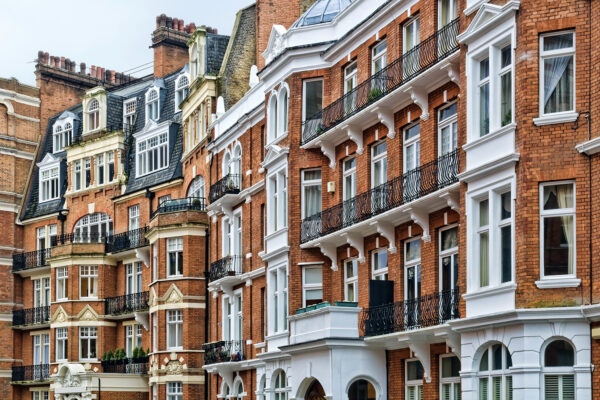
In the past, revolt and unrest in Britain were typically sparked by the cost of bread and corn. Today, it is the price of housing.
This month, the average price of a home in London reached £500,000. The average housing price in the whole country is now ten times the average wage. The increase is due more to limits in supply than to a steep rise in demand.
If Britain wants to defuse this time bomb that is anemic to the idea of a “property-owning democracy,” a concerted national effort has to begin immediately. To make up for the housing shortfall, it is estimated that between 250,000 and 300,000 homes need to be built every year for at least the next decade.
New towns
Those who say that this can’t be done should look to the achievements of Harold Macmillan. Despite the constraints of rationing and postwar austerity, 300,000 homes were build every year while he was housing minister between 1951 and 1954.
How was this done? Well, there was a concerted effort by the national government. Most famously, “new towns” were created, such as Hemel Hempstead and Stevenage, both close to London.
At this year’s Conservative Party Conference in Birmingham, there was a whole raft of events all centered on how to try to end the housing crisis. It was generally acknowledged that new garden cities and ecotowns only represent the start of what has to be done. There needs to be more construction on urban brownfield land and the idea of apartment living should be rehabilitated.
Not enough space
Part of the problem lies in the notion that all development is bad development. This is simply not true. It’s only that developments that blend in well with their surroundings tend to go unreported.
The more serious problem is lack of space. In the last eighty years, the average space of a home has shrunk from 153 square meters in the 1920s to 96.8 square meters today. Houses in Britain are now 80 percent smaller on average than those in Germany and 53 percent smaller than those in Denmark. Little wonder that only one in four buyers would choose a home that was built in the last ten years. Simply ramping up production of the sort of homes that are currently being built would appear to be a mistake.
In a country where the phrase “An Englishman’s home is his castle” still holds more than a grain of truth, this is an issue that can not be left to partisan politics or even to the markets, as that is what has brought us to this point. Until there is a significant chance in policy, the dream of owning a property will remain just that for many young Britons — a dream.
